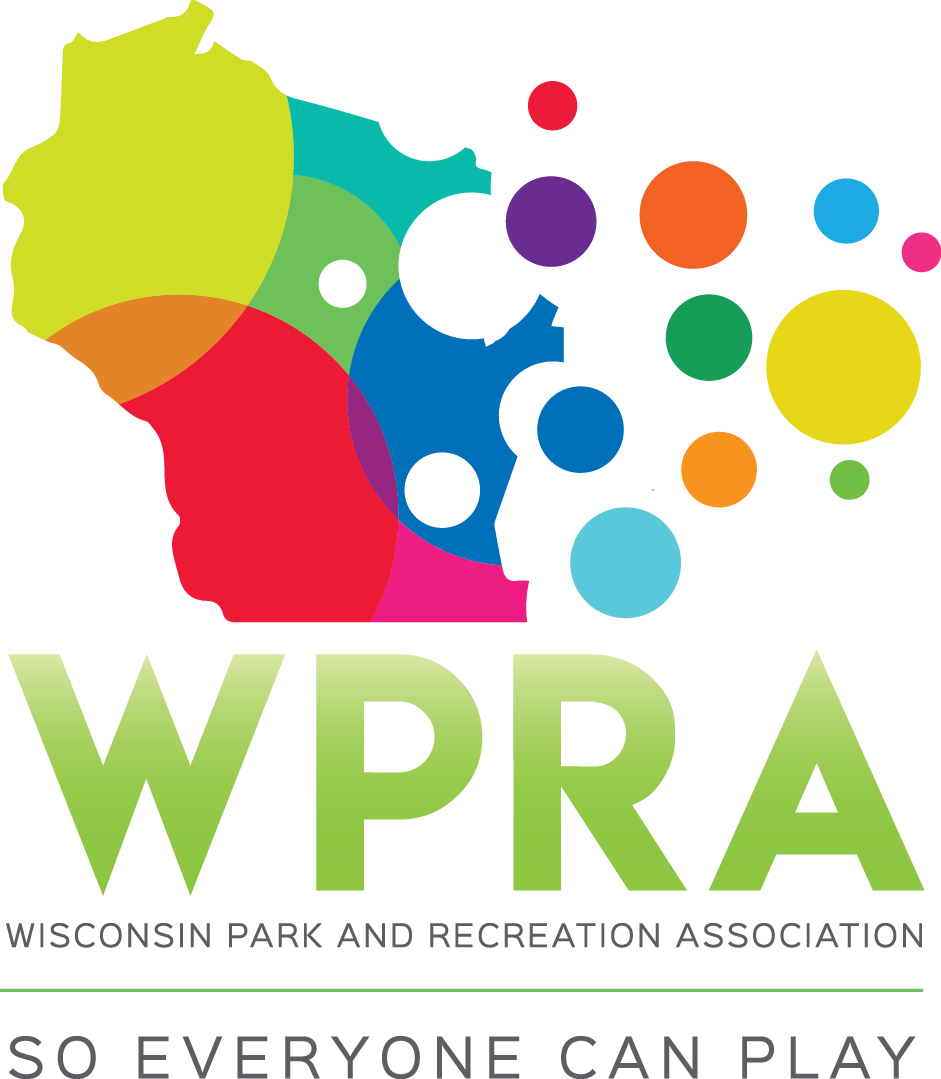February Legislative Update
2023-25 State Budget Kicks Off!
Gov. Evers gave his third biennial budget address on February 15, unveiling his 2023-25 executive budget. He proposes an operating budget of $103.8 billion over the next two fiscal years, adding a net 816.55 FTE positions.
The complete budget bill, budget in brief, and other executive budget documents are available here. The governor has also published his prepared remarks and a recording of his address, as well as selected excerpts.
By law, Gov. Evers’ budget will be introduced as a bill in the Wisconsin Legislature. The Joint Committee on Finance (usually Joint Finance Committee, JFC) will spend several months reviewing and altering the proposal. Based on experience, we expect the following to happen:
- The Legislative Fiscal Bureau (LFB) will release a plain-language summary of the budget recommendations in about a month, that is, by the middle of March.
- JFC will hold agency briefings and conduct public hearings on the budget recommendations.
- The co-chairs of JFC will identify non-fiscal policy items and slate them for removal from the budget bill, which should occur roughly by the middle of April.
- JFC will vote, agency by agency, on changes to the budget.
- By June, the full budget should be available for debate and passage by both houses of the Legislature.
Republican legislative leaders reacted quickly and harshly to Gov. Evers’ address, with Republican Majority Leaders Sen. LeMahieu and Rep. August promising to remove all of the governor’s taxing and spending proposals and non-fiscal policy provisions and start over. JFC Co-Chairs Sen. Marklein and Rep. Born and other Republican committee members issued similar statements.
Park & Recreation Budget Highlights
There are many budget items of interest to WPRA members. It is important to remember that we expect the JFC to remove non-fiscal policy and start “from base budget” – meaning several of these proposals from the Governor will not have a chance to advance. The WPRA PPC will be reviewing items of interest and strategizing about which initiatives are top priorities and could be accomplished with split government.
Conservation and the Stewardship Program
- Repeals the requirement that all Stewardship Program projects north of Highway 64 are subject to legislative review.
- Increases the threshold for legislative review of stewardship projects from $250,000 to $500,000.
- Requires that if a member of the Legislature objects to a proposed stewardship project, that member’s name and nature of the objection be announced publicly.
- Allocates $775,000 in FY 2023-24 for the development of a forestry industry strategic plan and roadmap.
- Provides over $1.3 million annually for various invasive species management programs.
- Allocates roughly $5 million over the biennium for various forest management programs and grants.
Sales Tax and Shared Revenue
- Replaces the shared revenue appropriation with a dedicated revenue stream consisting of 20 percent of state sales tax collections ($576.2 million GPR in FY 2024-25). The revenue would fully fund the state’s existing aid payments to local governments while providing increases to the public safety and general aid appropriations.
- Allows municipalities with a population over 30,000 and all counties (regardless of population but excluding Milwaukee) to each impose an additional 0.5 percent sales tax.
- Allows Milwaukee County to impose an additional sales tax of up to 1.0 percent, with revenue divided evenly between the city and county.
Child Care and Workforce
- Invests in the Child Care Counts program ($302 million GPR and $38 million TANF).
- Increases the minimum wage three times until 2026, ending at $10.25 per hour, then creates a task force to study a $15 minimum wage requirement.
Education
- Spends $2.6 billion on general and categorical aids for public schools, including $1 billion over the biennium through the state’s general equalization aid formula.
- Creates a school breakfast and lunch grant program funded at $120.2 million in FY 2024-25.
- Provides $4.3 million in FY 2023-24 and $4.7 million in FY 2024-25 to increase the school breakfast reimbursement rate to 15 cents per meal.
Pool Rule Advances in Legislature
Recall, for the last couple years, WPRA has engaged with the Department of Agriculture, Trade and Consumer Program on the rewrite of ATCP 76 or the “Pool Rule.” DATCP finished their work on the draft rule last spring and submitted the pending rule to the legislature for their review. WPRA supported the rule during the state agency public hearing process.
The rule was submitted to the legislature in January and was reviewed by the applicable legislative standing committees in each house. It is now under review by the Joint Committee on the Review of Administrative Rules (JCRAR). JCRAR has 30 days to review the proposed revisions. JCRAR can request a meeting with the state agency (DATCP) or request a public hearing, or request modifications or further analysis related to documents submitted. They can also object to all or part of the rule. WPRA will continue to closely monitor this rule as it reaches the final stage of review.
|

